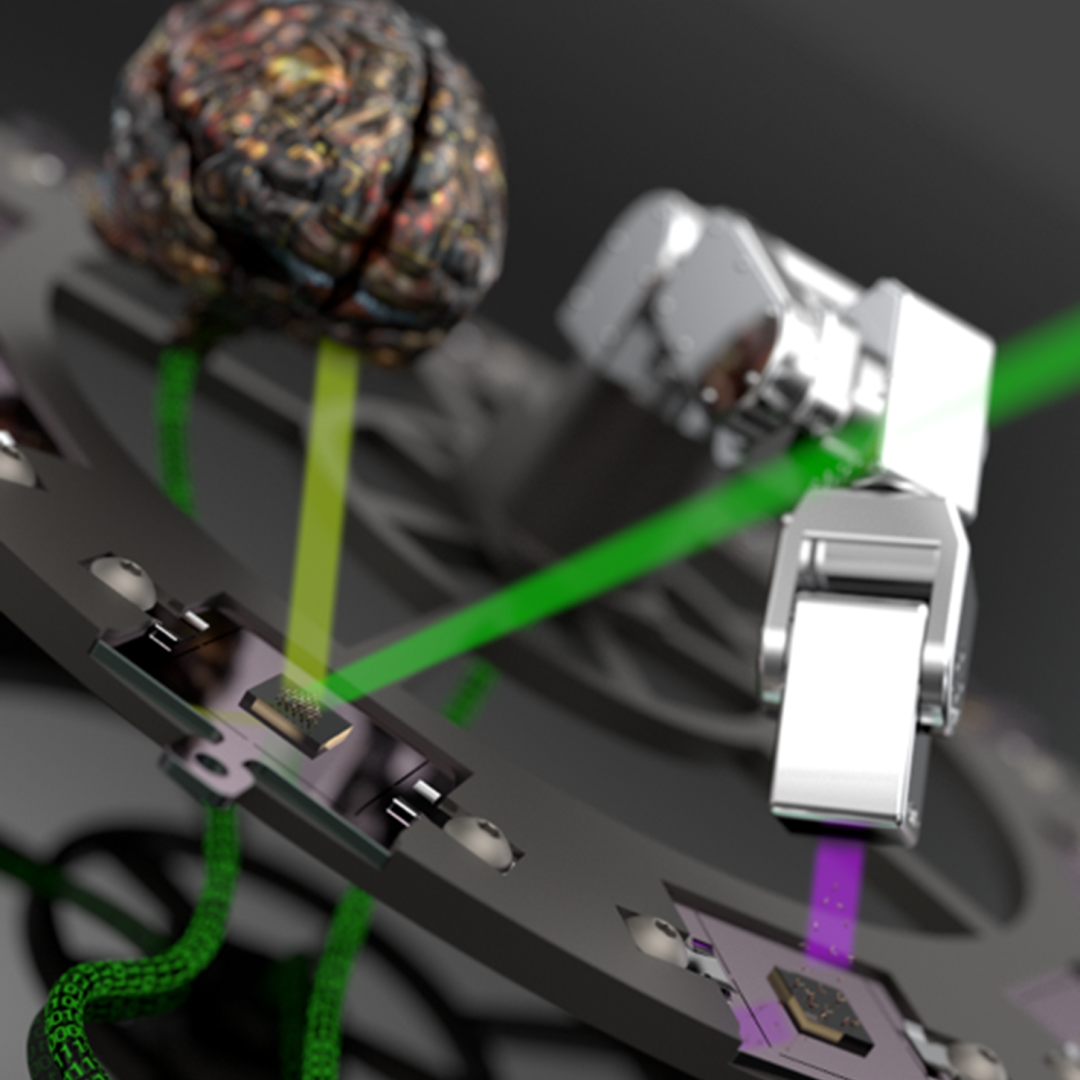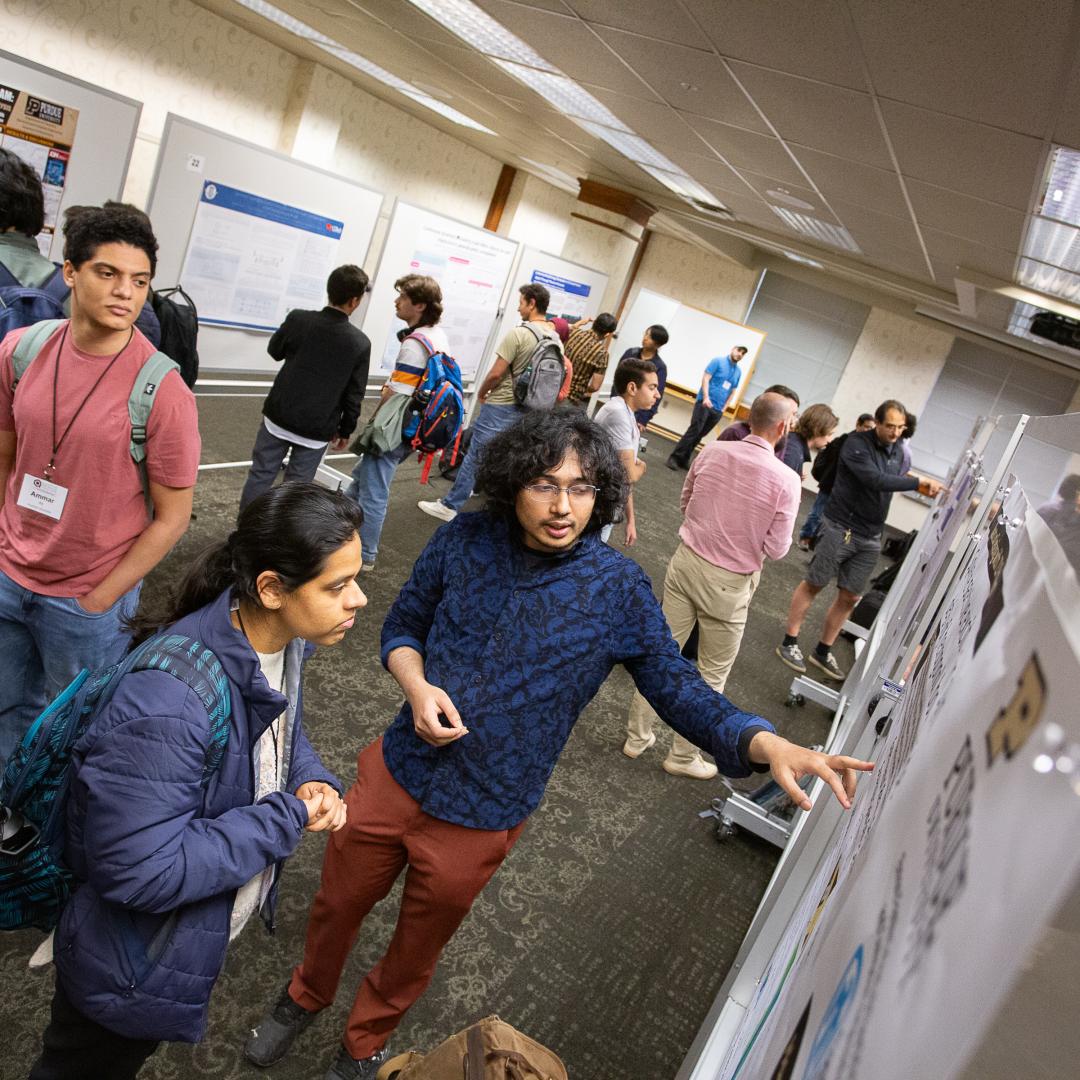Filter News
Area of Research
- (-) Materials for Computing (4)
- (-) National Security (3)
- (-) Neutron Science (7)
- Biology and Environment (20)
- Clean Energy (76)
- Computer Science (2)
- Electricity and Smart Grid (1)
- Energy Sciences (1)
- Functional Materials for Energy (2)
- Fusion and Fission (4)
- Isotopes (1)
- Materials (34)
- Supercomputing (10)
News Topics
- (-) Biotechnology (2)
- (-) Energy Storage (12)
- 3-D Printing/Advanced Manufacturing (12)
- Advanced Reactors (2)
- Artificial Intelligence (18)
- Big Data (8)
- Bioenergy (9)
- Biology (9)
- Biomedical (15)
- Buildings (1)
- Chemical Sciences (8)
- Clean Water (2)
- Climate Change (5)
- Composites (2)
- Computer Science (35)
- Coronavirus (13)
- Cybersecurity (19)
- Decarbonization (4)
- Environment (14)
- Exascale Computing (1)
- Fossil Energy (1)
- Frontier (2)
- Fusion (2)
- Grid (6)
- High-Performance Computing (6)
- Isotopes (1)
- Machine Learning (15)
- Materials (26)
- Materials Science (36)
- Mathematics (1)
- Microscopy (7)
- Nanotechnology (18)
- National Security (35)
- Neutron Science (101)
- Nuclear Energy (7)
- Partnerships (4)
- Physics (10)
- Polymers (7)
- Quantum Computing (1)
- Quantum Science (10)
- Security (12)
- Simulation (1)
- Space Exploration (3)
- Summit (7)
- Sustainable Energy (8)
- Transportation (11)
Media Contacts
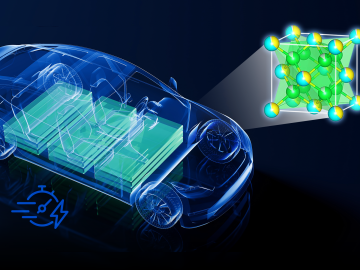
Currently, the biggest hurdle for electric vehicles, or EVs, is the development of advanced battery technology to extend driving range, safety and reliability.
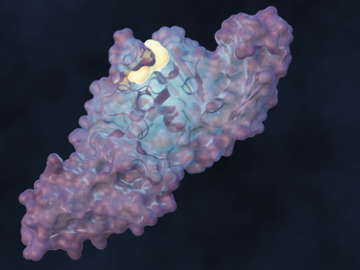
A team of scientists led by the Department of Energy’s Oak Ridge National Laboratory designed a molecule that disrupts the infection mechanism of the SARS-CoV-2 coronavirus and could be used to develop new treatments for COVID-19 and other viral diseases.
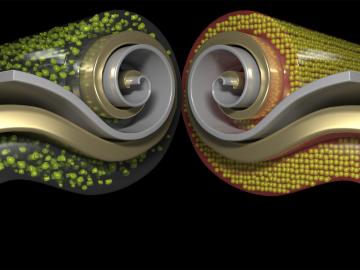
Researchers at ORNL have developed a new method for producing a key component of lithium-ion batteries. The result is a more affordable battery from a faster, less wasteful process that uses less toxic material.
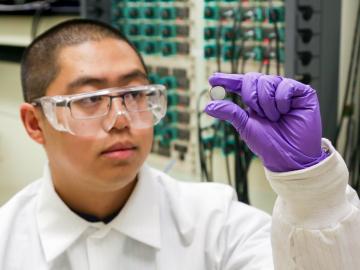
Researchers at ORNL and the University of Tennessee, Knoxville, discovered a key material needed for fast-charging lithium-ion batteries. The commercially relevant approach opens a potential pathway to improve charging speeds for electric vehicles.
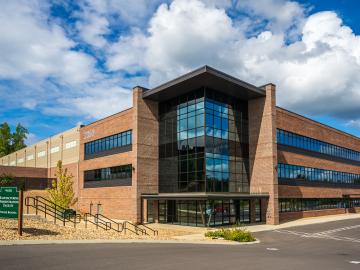
ORNL scientists will present new technologies available for licensing during the annual Technology Innovation Showcase. The event is 9 a.m. to 3 p.m. Thursday, June 16, at the Manufacturing Demonstration Facility at ORNL’s Hardin Valley campus.
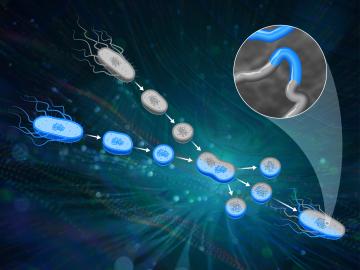
ORNL scientists had a problem mapping the genomes of bacteria to better understand the origins of their physical traits and improve their function for bioenergy production.

Through a consortium of Department of Energy national laboratories, ORNL scientists are applying their expertise to provide solutions that enable the commercialization of emission-free hydrogen fuel cell technology for heavy-duty
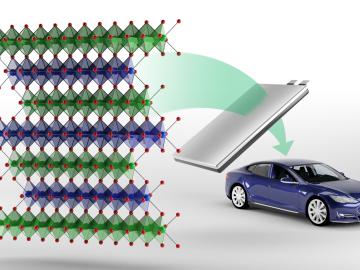
Oak Ridge National Laboratory researchers have developed a new family of cathodes with the potential to replace the costly cobalt-based cathodes typically found in today’s lithium-ion batteries that power electric vehicles and consumer electronics.
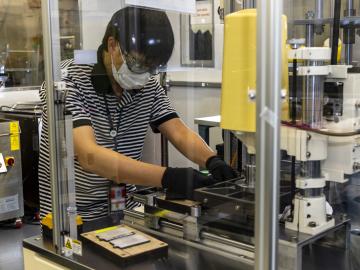
Soteria Battery Innovation Group has exclusively licensed and optioned a technology developed by Oak Ridge National Laboratory designed to eliminate thermal runaway in lithium ion batteries due to mechanical damage.
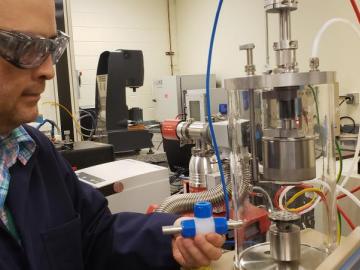
Four research teams from the Department of Energy’s Oak Ridge National Laboratory and their technologies have received 2020 R&D 100 Awards.


